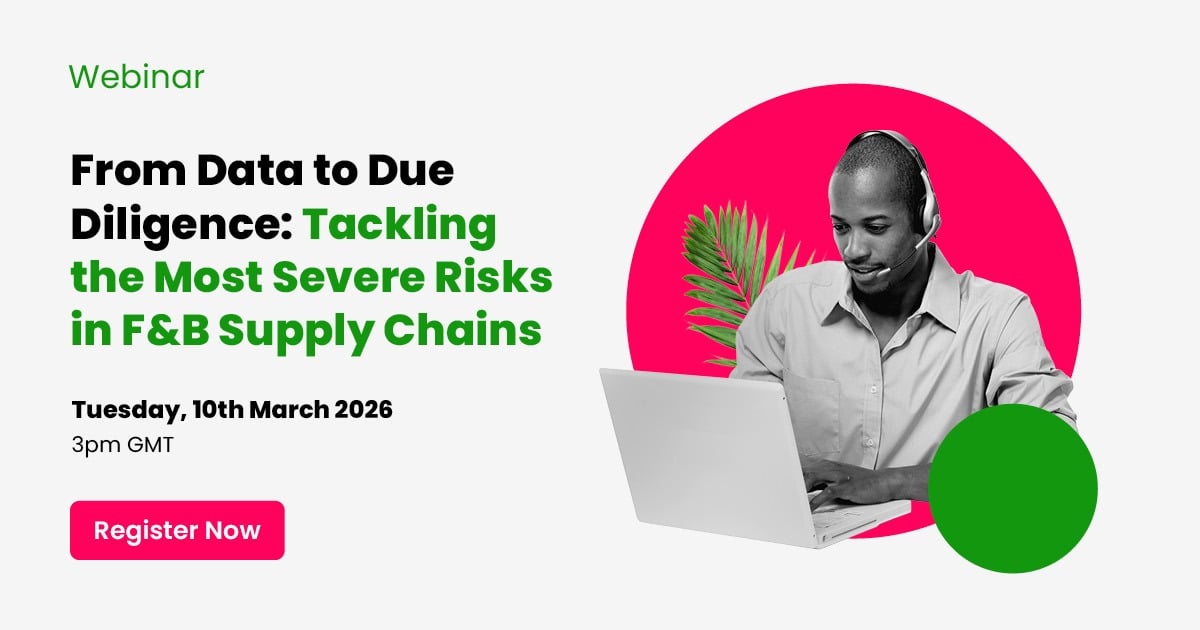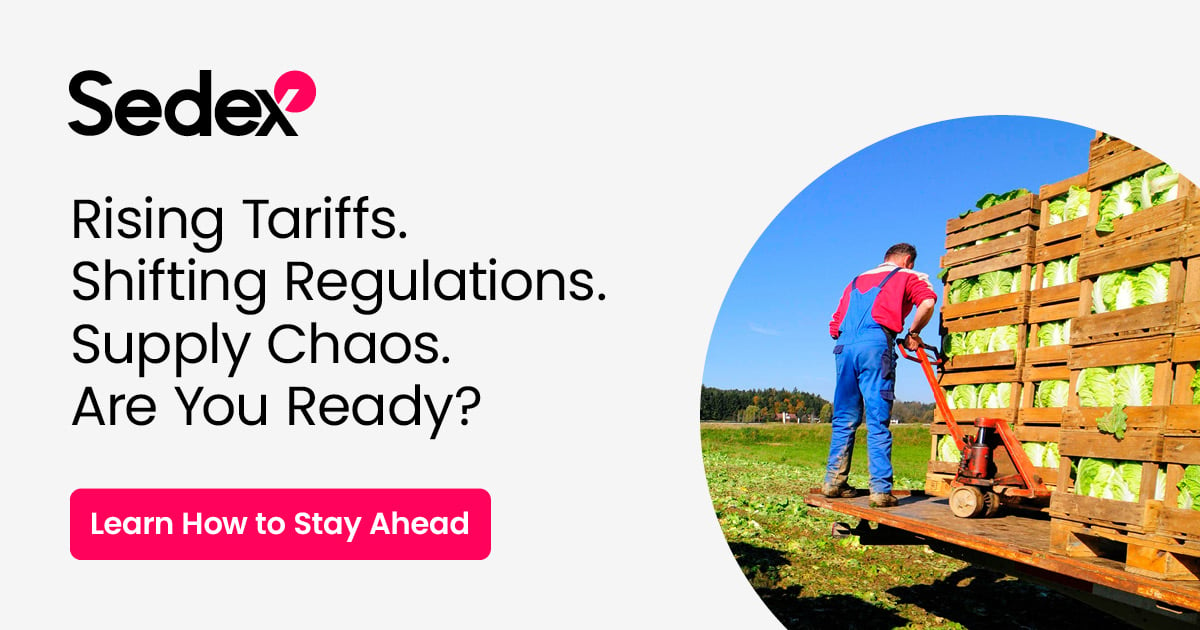Protecting workers through the COVID-19 pandemic
Ashik is from Jashore, in Bangladesh, and is a migrant working in Malaysia. Today, as he has done for the last 8 days in a row, he is cycling down the Jalan Krubang Road in Malacca, Malaysia, riding from a hostel to his job in a rubber products factory. Ashik moved here to get work – an offer to work on a production line for latex protective gloves, the kind used in hospitals and clinics all over the world. It’s steady work, but in often difficult conditions. The factory is busy, hot and crowded, and he often works long shifts without breaks. But Ashik is appreciative that its regular income that he can send back to his family in Bangladesh.
Right now, Ashik is worried not only about being on time for his shift, but that he’s seeing everyone around him wearing masks and scarves, desperately hoping not to catch the COVID-19 virus that seems to be on every news bulletin. If Ashik catches the virus, he won’t be able to work, and he might lose his job altogether.
As a result of the virus, the demand for protective clothing has gone through the roof and Ashik’s glove production line is running 24-hours per day. He’s been working 14-hour shifts for 8 days straight and he’s exhausted. Ashik doesn’t want to lose this valuable job, so despite his tiredness, he pushes harder on the pedals to get through the factory gates a few minutes early. He doesn’t want to stand out. As he walks into the factory, he takes his old Nokia phone out and texts his wife quickly, wishing her well and promising to speak in the evening – that’s if he’s not held back again like he has been for the last three nights.
It’s people like Ashik, that Sedex was founded to protect. Workers thousands of miles away, working in difficult conditions, producing goods for consumption by consumers on the other side of the planet. We take for granted access to cheap goods – the global economy has driven down prices, and fast transport routes have allowed these goods to flow quickly to where they are needed. But we as consumers often don’t stop to think about how they were produced, or whether those making our products are treated well.
The Sedex business facilitates the flow of information about workers, from the factory floor to the buyers at retailers and wholesalers, asking important questions about their wellbeing, working conditions and renumeration. That process is backed by third-party audit companies who visit every factory and see with their own eyes what is happening, talking directly to workers, their managers and employers. This process has enabled a significant shift in worker conditions right around the world.
But times have changed rapidly. The global coronavirus pandemic has meant that travel restrictions are in place, factories are not letting outsiders through their doors and it has become very difficult for on-site assessments to take place. As the world responds to this crisis, ordering more and more goods, there’s a danger that whether deliberately or not, workers may be forced into ever more difficult conditions and decisions.
That’s why this month, Sedex is launching two tools to respond to this challenge. Firstly a ‘virtual assessment’ capability to allow buyers, suppliers and auditors to work together to accomplish a site assessment without the need for an auditor to step on-site. Secondly, in partnership with &Wider, we are launching a solution that talks directly to workers, allowing them to tell us, via their phone, how they are being treated. The solution is automated, works with any phone and will allow us to gather information from tens of thousands of workers at a time to really get a picture about working conditions.
These are critical times for everyone and while we all strive to deal with this global health crisis, it’s important that we don’t forget those at the beginning of the supply chain, producing the very goods we need to combat this threat. Every life is important, and we hope with these tools and technologies, we can give a voice to Ashik and his colleagues, to work together, to produce a fairer and more ethical global supply chain.





